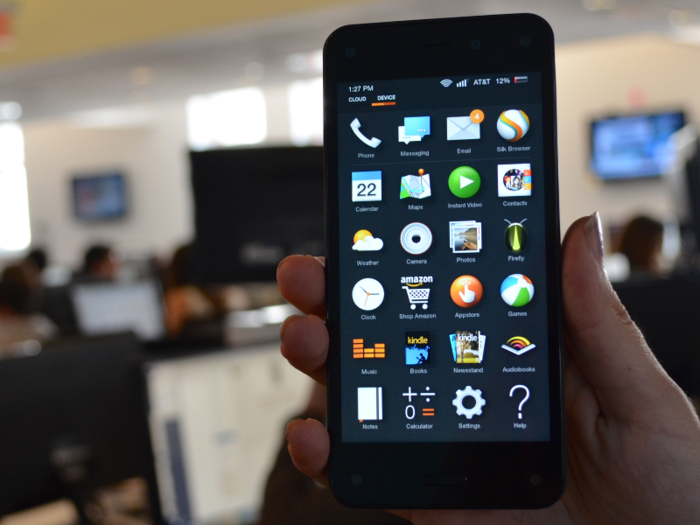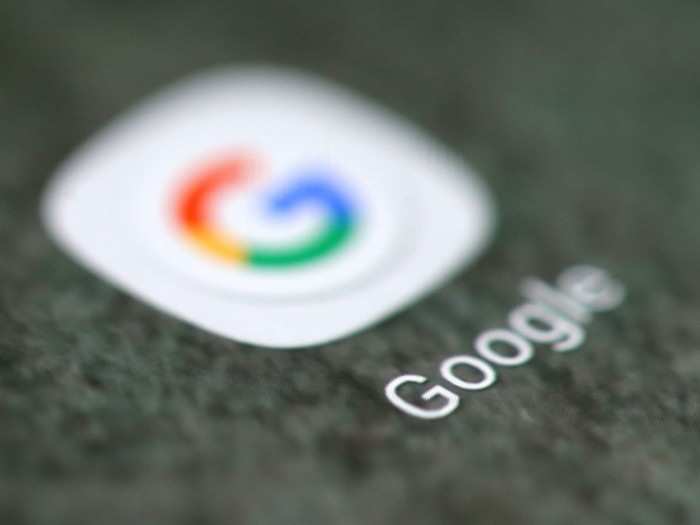Non-Google search apps and AI assistants.
Even if Google wanted to pay a smartphone maker to exclusively feature Google Search — and thus Google Assistant — it wouldn't be able to do so anymore, as it has been deemed "illegal" by the EU Commission. As a result, you might not see Google Search and Google Assistant pre-installed on on Android smartphones from certain companies.
Instead, you might find a smartphone maker's own search app, or a third-party search app, pre-loaded onto an Android smartphone. The same thing goes for a smartphone maker's own or third-party AI voice assistant.
More smartphones that come with different operating systems...that are still based on Android
We could see more smartphones running on different operating systems. Those different operating systems could still be based on Android, but they could look and work differently, and they were never popular as they weren't approved by Google in the past.
Without Google's approval, these Android-based operating systems couldn't have native access to the Google Play Store. As I mentioned earlier, an Android phone without access to the Play Store is destined to failure. Think back to Amazon's Fire Phone, which ran the Android-based Fire OS. Fire OS on the Fire Phone wasn't approved by Google, and it didn't come with native access to the Google Play Store. Lack of apps, among several other significant reasons, led to the demise and short lifetime of the Fire Phone.
With the EU Commission's demands, those Android-based operating system that are currently not approved by Google would gain access to the Google Play Store's apps.
So, we could see Samsung, LG, and any other Android smartphone makers' phones running on different Android-based operating systems, like Amazon's Fire OS, for example.
At the end of the day, a smartphone running a significantly different version Android operating system would still, essentially, be an Android phone. It'll still have access to Google's Play Store and its Android apps, which is arguably one of the most important factors for an Android phone's success.
Technically, Google would only need to make these changes in the EU, but it could change Android in the rest of the world.
The EU Commission's demands wouldn't force Google to change Android outside the EU's borders. So, technically, Google can keep business as usual outside the EU.
With that said, it would need to make a separate EU version of its Android operating system with the changes in place. That could result in a disorganized mess for Google and Android, and potentially exacerbate the problematic, fragmented nature of Android ecosystem.
The Android ecosystem is currently fragmented, which means that most Android phones in existence are running several different — and older — versions of the Android operating system. Fragmentation leads to security issues, as well as obstacles for Android app developers. Rolling out a separate EU version of the Android operating system could make its fragmentation problem even worse.
Google plans to appeal the EU Commission's ruling, but since there's no timeframe on when that appeal is successful, you could see these changes arriving on Android phones sooner rather than later.



